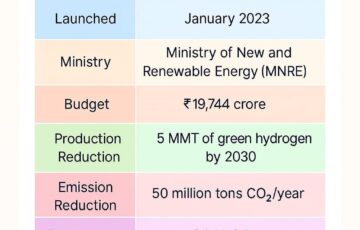CJI’S CONCERNS ON DISINFORMATION AND DEMOCRATIC DISCOURSE
Chief Justice of India D.Y. Chandrachud warns about the detrimental impact of disinformation on democratic discourse.
Fake news, widespread in the digital age, has the potential to drown out true information, altering the character of discourse.
Disinformation
- Disinformation refers to the deliberate spread of false or misleading information with the intent to deceive or manipulate.
- It is a form of misinformation created and disseminated to mislead individuals or the public, often for political, social, or economic purposes.
- Disinformation’s power extends to impairing democratic discourse permanently, pushing a marketplace of free ideas to collapse under the immense weight of false narratives.
Challenges in Combating Disinformation:
- Anonymous Sources: The anonymity afforded by online platforms makes it challenging to trace and hold individuals accountable for spreading false information.
- Unregulated nature: The unregulated nature of social media platforms adds complexity to the landscape of free speech and expression.
- Global Nature: Disinformation can spread across borders, posing challenges for legal frameworks and cooperation between nations.
- Rapid Spread: The speed at which disinformation spreads on social media platforms makes timely intervention and correction difficult.
Legal Aspects of Disinformation:
- Defamation Laws: Disseminating false information with the intent to harm someone’s reputation can lead to legal consequences under defamation laws.
- Cyber Laws: Many countries have enacted laws addressing cybercrimes, including the spread of false information online.
- Content Regulation: Governments may introduce regulations to control and penalize the creation and dissemination of disinformation.
Social Aspects of Disinformation:
- Erosion of Trust: Disinformation erodes public trust by creating confusion and skepticism about the reliability of information sources.
- Manipulation of Public Opinion: Deliberate misinformation can manipulate public opinion, influencing perceptions on various issues.
- Impact on Social Harmony: False narratives may contribute to social unrest, spreading fear, hatred, or misinformation that can harm societal cohesion.
- Polarization: Disinformation often contributes to polarization, dividing communities based on misinformation and reinforcing existing beliefs.




